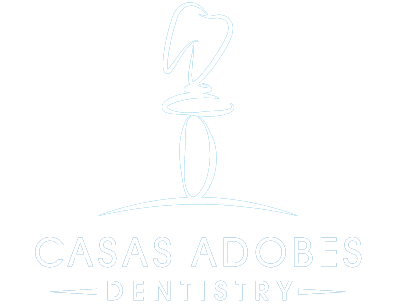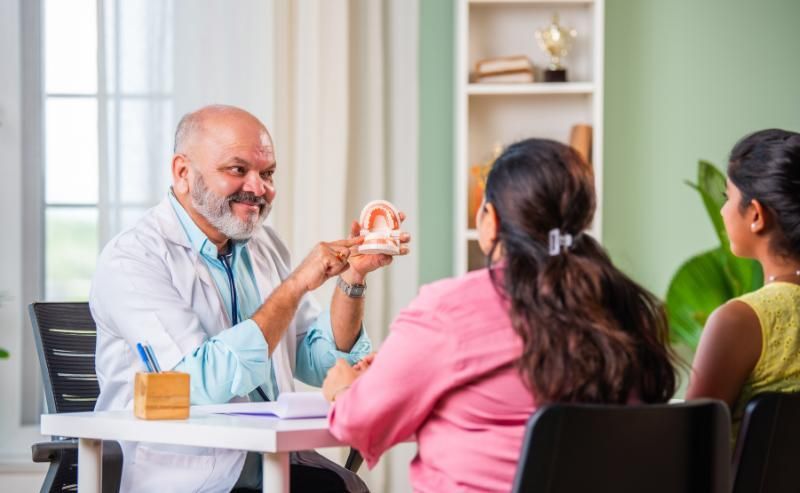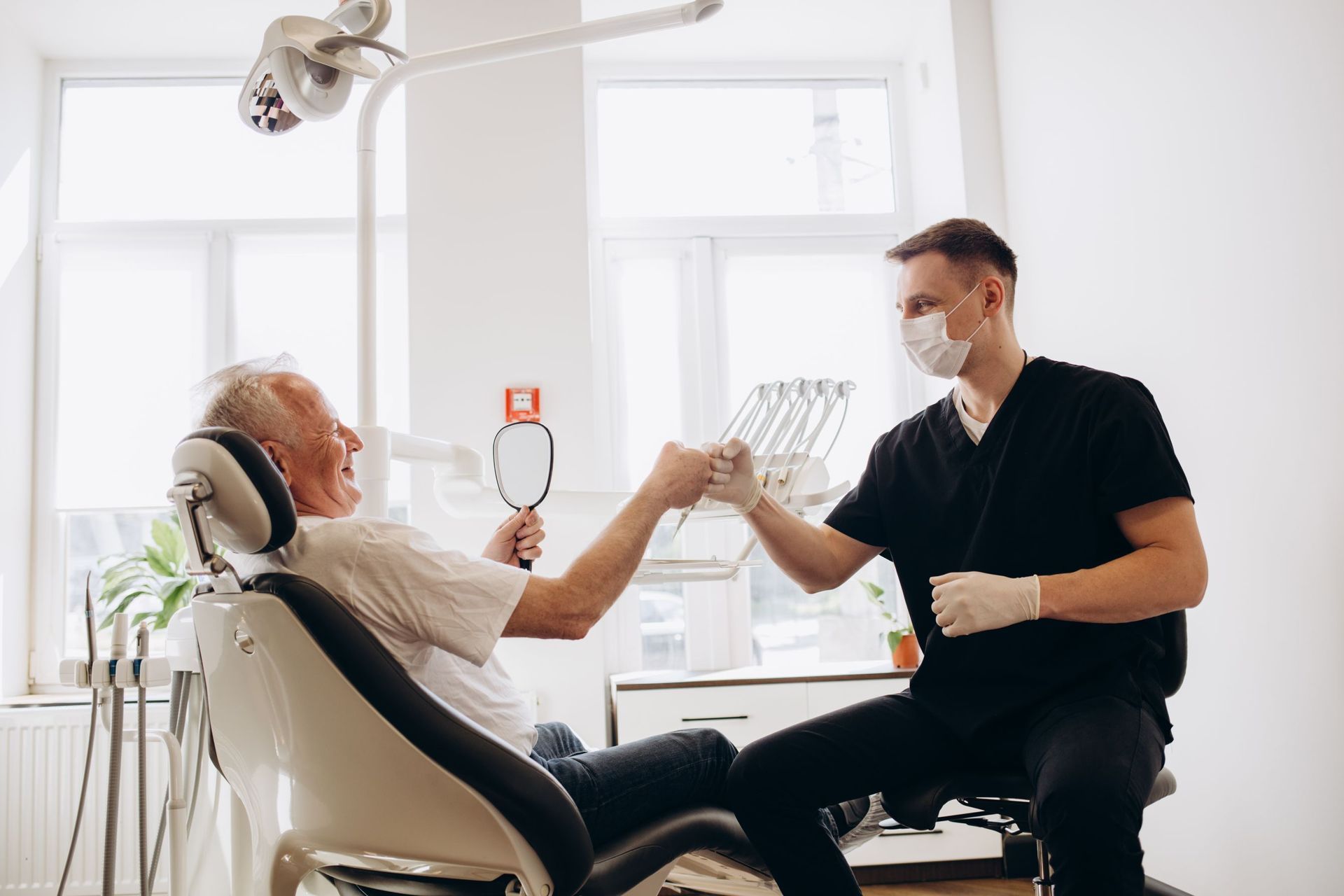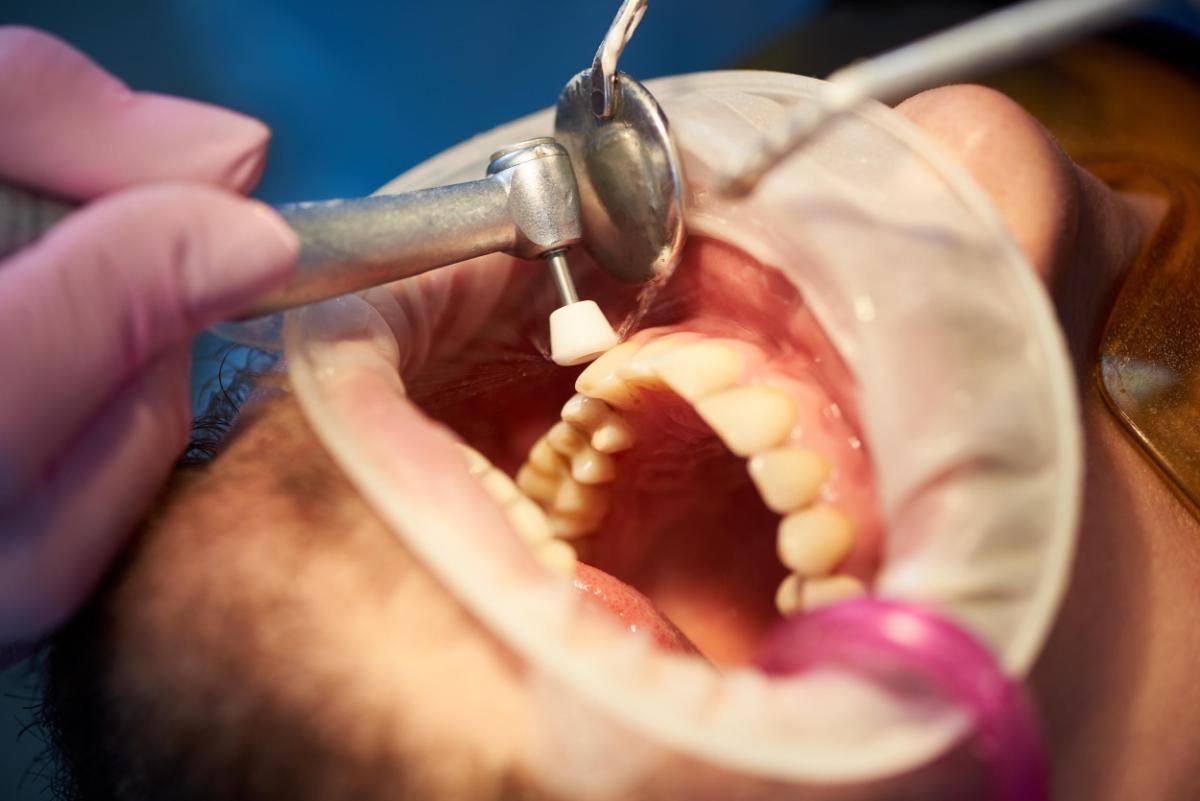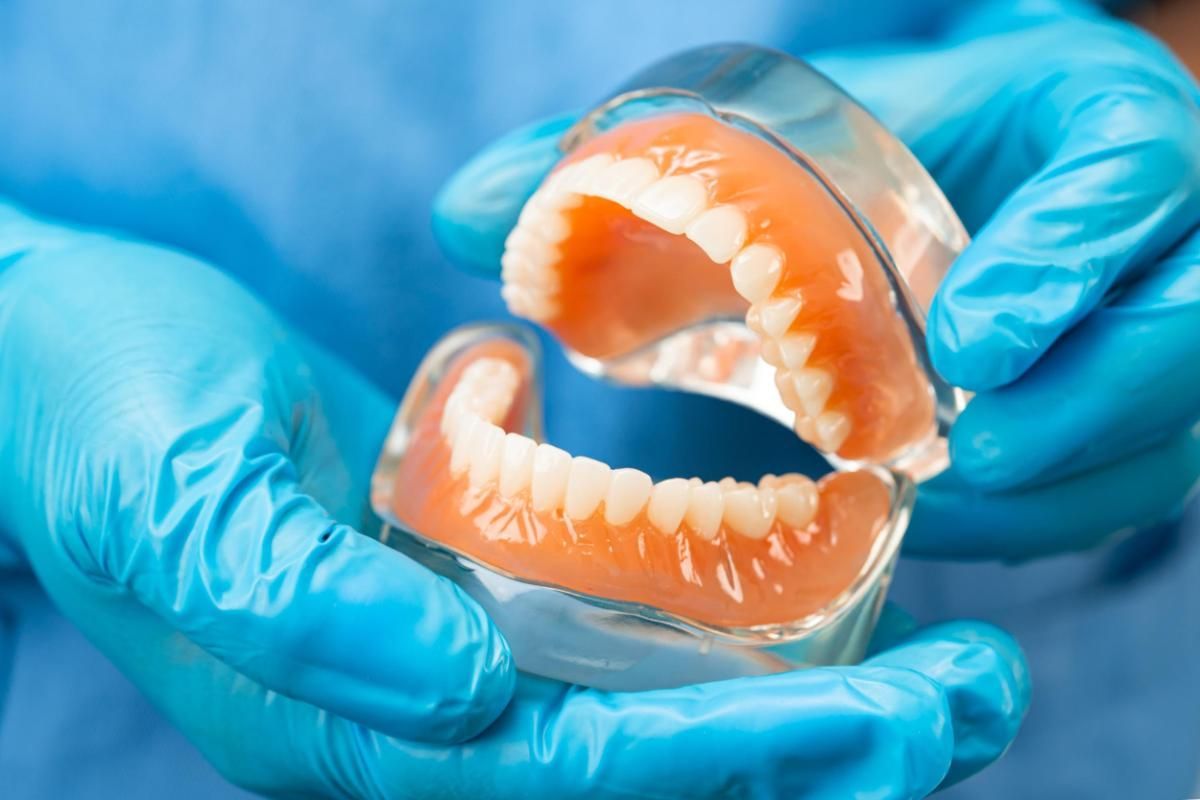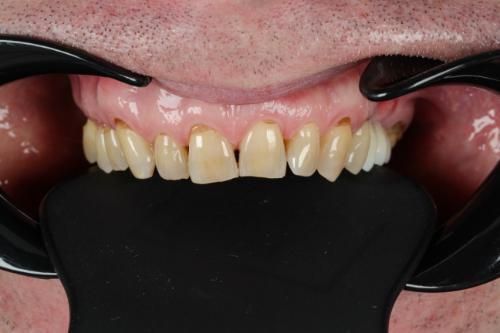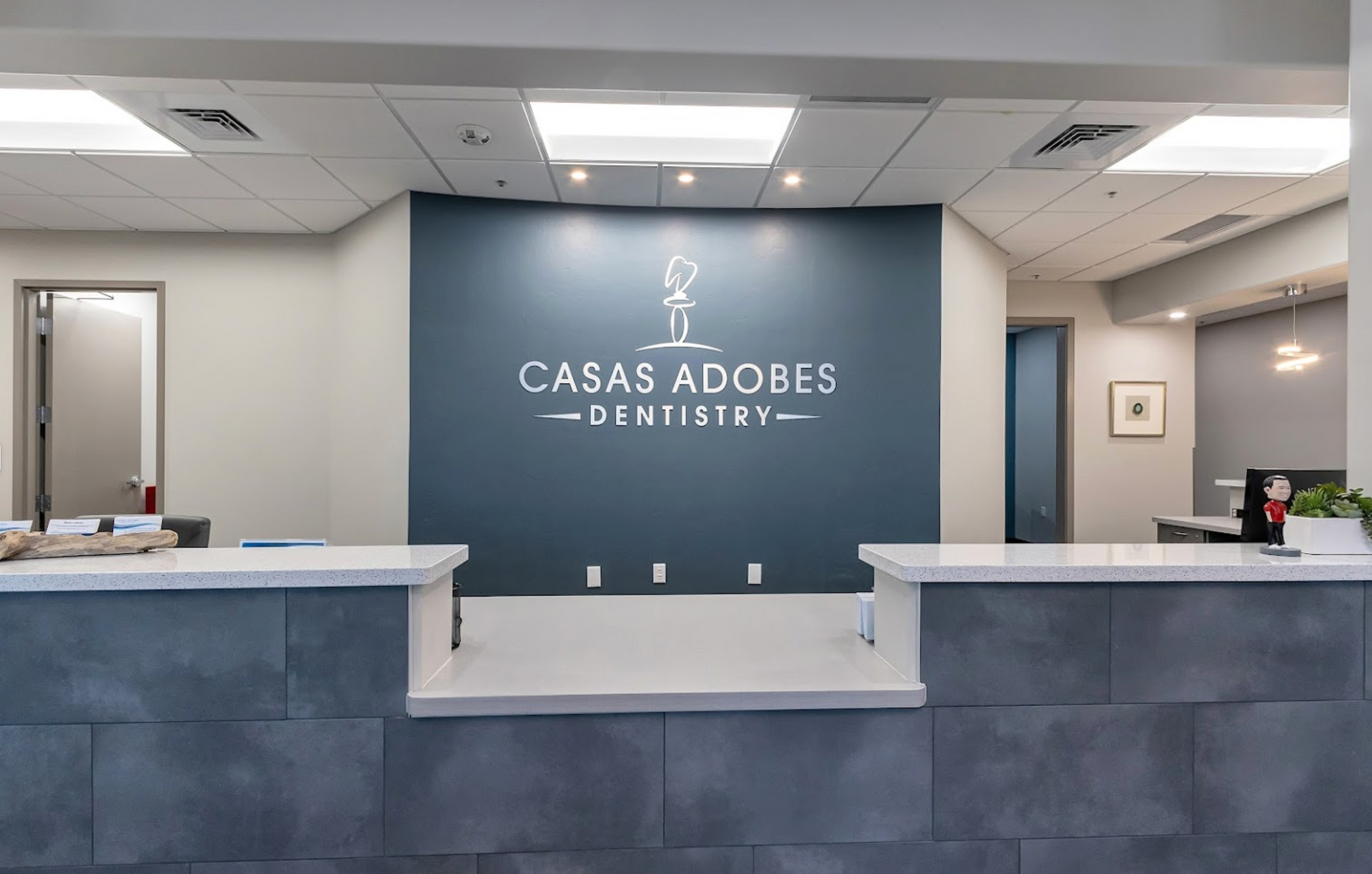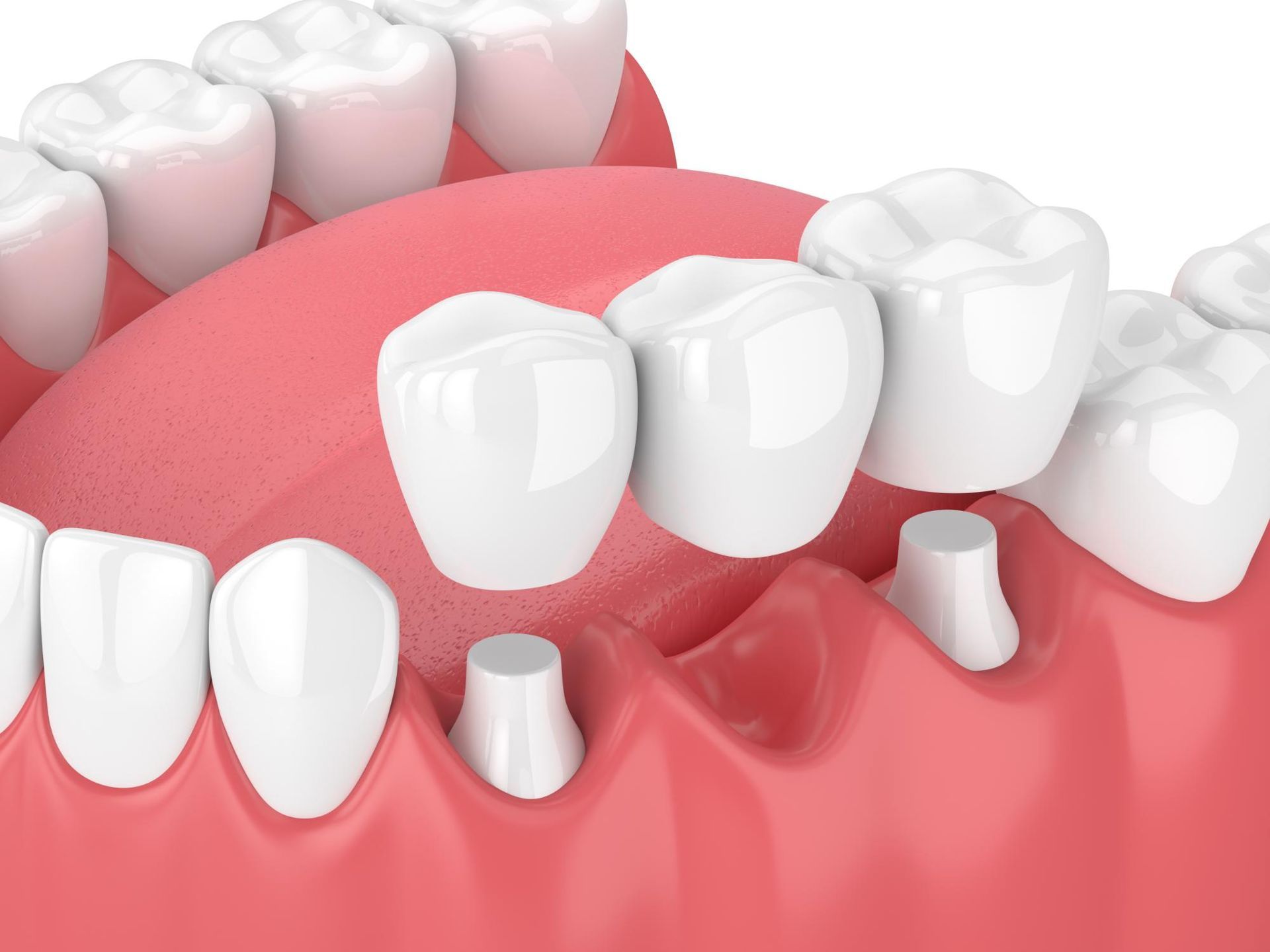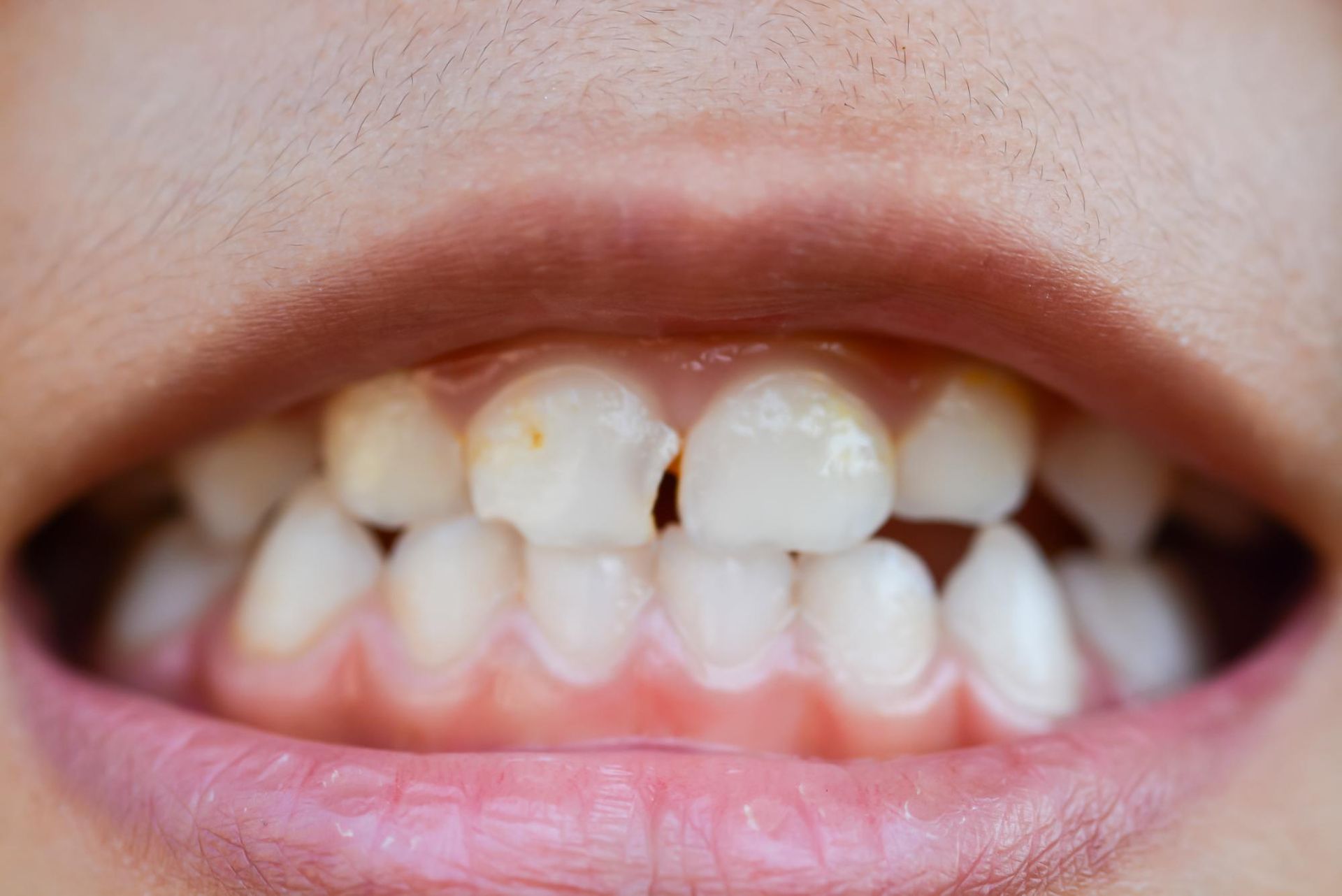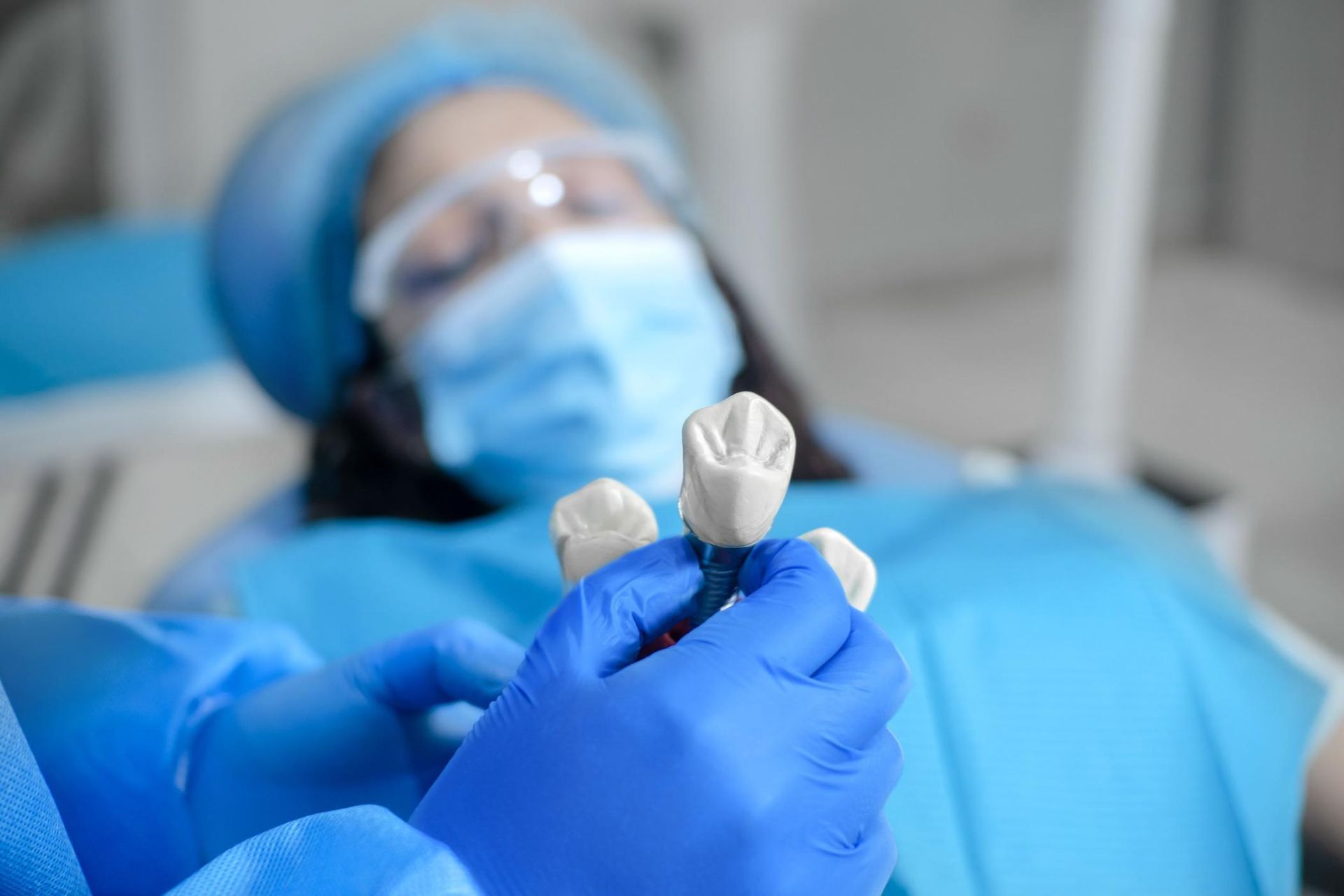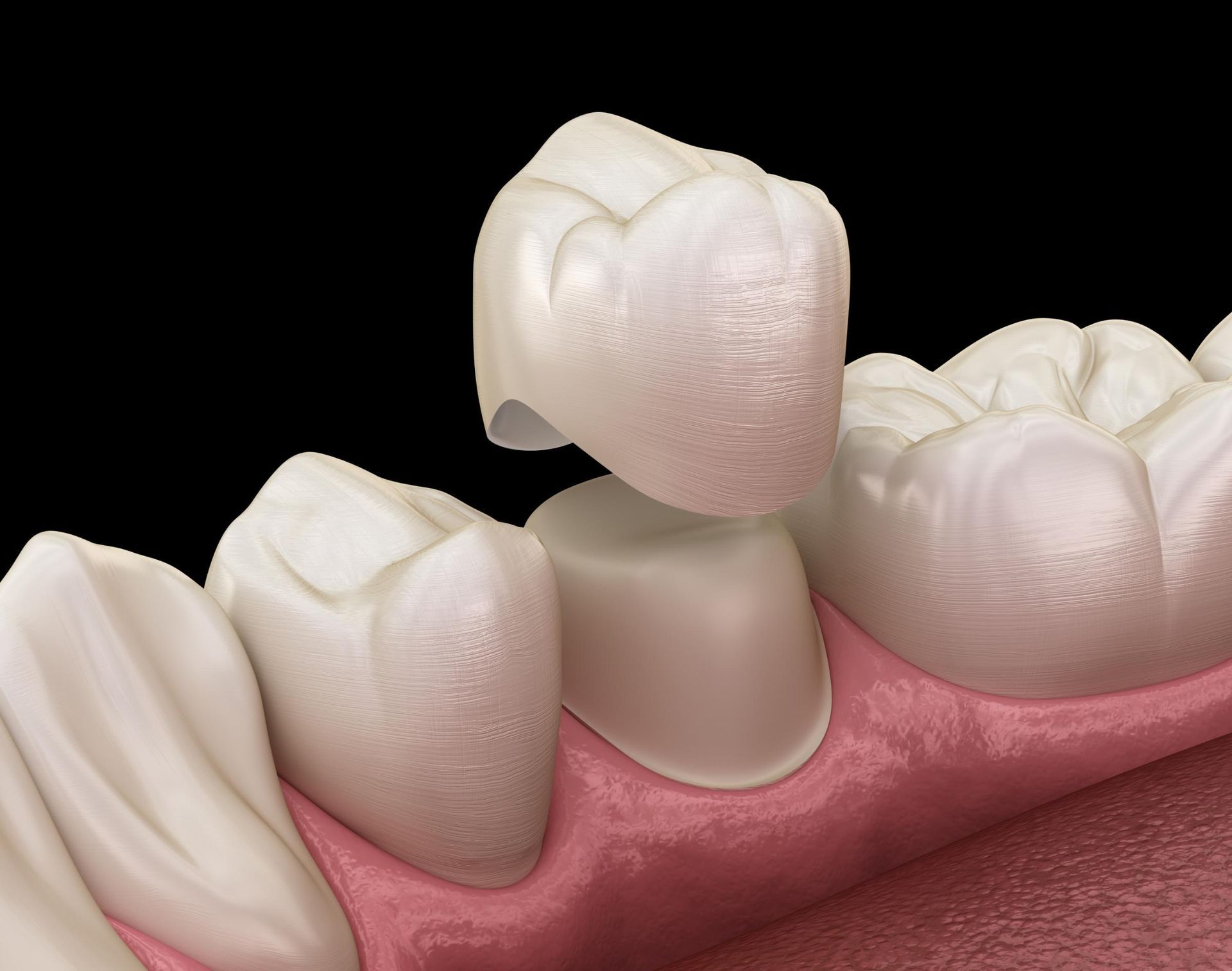Reasons to Schedule an Oral Cancer Screening With Your Dentist

Oral cancer screening is often part of your routine dental appointments. This may be surprising news: when you think of a dental appointment, you think of checking the quality of teeth and gums, checking for cavities, and getting a deep cleaning. Also, even if your dentist is performing this examination, it is unlikely he or she is specifically describing the details of what is seen, especially if the exam is normal.
However, many consider oral cancer screenings as a particularly important part of dental visits, as they could lead to earlier detection of cancer. Typically, the earlier cancer is caught, the more easily and successfully treated it is.
Why you should be scheduling routine dental visits
Everyone knows a friend who has said they haven’t been to the dentist in years. Maybe that person is you. However, skipping out on visits and avoiding the dentist can have dire consequences. You may be experiencing tooth decay that you don’t immediately recognize. Plaque could be developing in areas unseen. And of course, there may be certain signs and symptoms of mouth cancers that are not readily apparent.
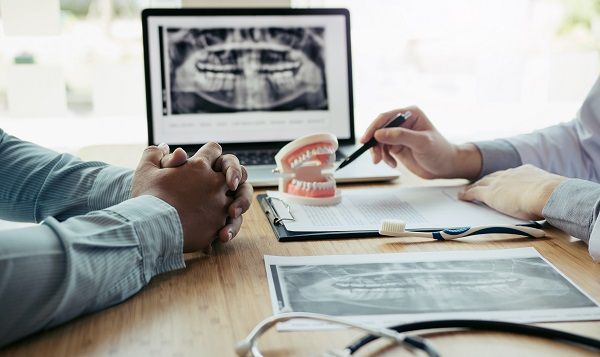
What will your dentist look for?
Your dentist will look for any sort of lesions in the mouth. Most of the time, they are harmless, such as if you simply bit your cheek while chewing. Other times, they could be cancerous or precancerous, meaning it is possible they will go on to become cancerous lesions.
Mouth cancer can occur on any part of the mouth, including your tongue, inner cheeks, the roof of your mouth, gums, and even your lips.
Only a medical professional can rule out cancer, so you can’t rely on self-diagnosis. Moreover, the lesions can be particularly small or in a difficult-to-see area. Notably, a visual examination alone does not equate to a definitive diagnosis. In other words, additional exams or tests will be needed to rule out or diagnose cancer.
Your dentist may simply recommend you return in a few weeks to observe if the lesion has changed or, hopefully, cleared. Or they may order a biopsy of the lesion or lesions. A biopsy is a simple outpatient procedure wherein your dentist or another provider will remove a small sample of cells from the lesions (usually with a needle) for examination in a lab.
High-risk groups should be even more vigilant
Again, most mouth lesions are harmless. Every time you notice a cut or scrape or similar wound in the mouth that does not mean you should panic and run to the dentist. However, if you do notice some concerning symptoms, or you are part of a high-risk group, then it may be worth it to schedule a non-routine visit with the dentist so he or she can look.
For example, if you notice some obvious lesions in your mouth, it may be worth it to reach out to your healthcare providers. Lesions often look like red or white patches in the mouth. Further, certain groups are at higher risk of developing mouth cancer, including people who drink excessively, smoke, or use tobacco, and those with a history of cancers and conditions like HPV.
Even people who have had high exposure to the sun are at a higher risk for developing mouth cancers (not just skin cancers). It is particularly important for people within these high-risk groups to be vigilant about their dental examinations.
Notably, this list is not exhaustive. If you have any concerns or simply want more information, speak with your dental providers to learn more about oral cancer screening and diagnosis.
Request an appointment here: https://www.casasadobesdentistry.com or call Casas Adobes Dentistry at (520) 365-0559 for an appointment in our Tucson office.
